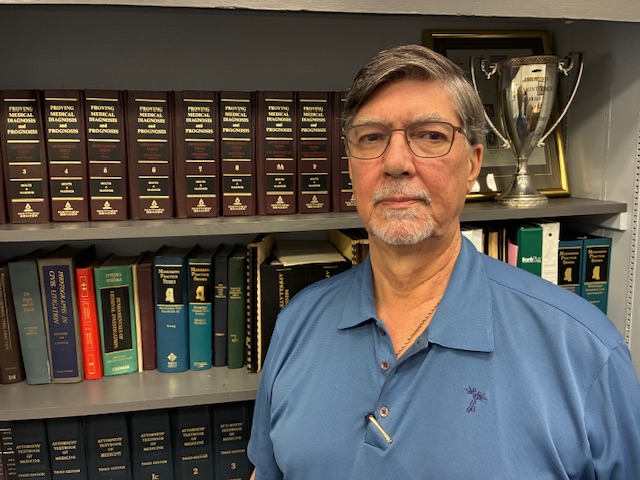Sen. Hyde-Smith again supports permanent daylight saving time
Published 12:34 pm Thursday, January 9, 2025
WASHINGTON, D.C. – U.S. Sen. Cindy Hyde-Smith Thursday announced that she has once again championed the push to make Daylight Saving Time permanent across the United States.
Hyde-Smith on Tuesday joined U.S. Sen. Rick Scott (R-Fla.) as an original cosponsor of the bipartisan Sunshine Protection Act of 2025, a renewed legislative effort to end the annual clock-changing ritual of “springing forward” and “falling back.” DST begins this year at 2 a.m., Sunday, March 9.
“Changing the clocks twice a year creates unnecessary difficulties for many people in Mississippi, especially farmers who rely on daylight to manage their crops, livestock, and daily tasks, and permanent Daylight Saving Time would give them more consistency throughout the year. It would also help boost the economy, improve public safety, and offer important mental health benefits,” Hyde-Smith said. “I’m proud to support the Sunshine Protection Act again and work toward ending the hassle of changing the clocks for good.”
Scott became the lead sponsor of the Sunshine Protection Act after U.S. Sen. Marco Rubio (R-Fla.) was tapped by President-elect Trump to be the next Secretary of State. Hyde-Smith had worked with Rubio for the past several congresses to advance this legislation.
S.29 seeks to repeal the current eight-month DST period established by the Uniform Time Act of 1966. It would not alter time zones, change sunlight hours, or require states that currently do not observe DST to adopt the practice.
In March 2022, the Senate passed the Sunshine Protection Act of 2021 by unanimous consent, but the bill was never brought to a vote in the House of Representatives.
Additional original cosponsors of S.29 include U.S. Senators Patty Murray (D-Wash.), Tommy Tuberville (R-Ala.), Ron Wyden (R-Ore.), Bill Hagerty (R-Tenn.), Edward Markey (D-Mass.), Cynthia Lummis (R-Wyo.), Sheldon Whitehouse (D-R.I.), James Lankford (R-Okla.), Martin Heinrich (D-N.M.), Rand Paul (R-Ky.), Alex Padilla (D-Calif.), Brian Schatz (D-Hawaii), and Tina Smith (D-Minn.).
DST was first enacted in the United States during World War I following Germany’s 1916 effort to conserve fuel. Since then, the U.S. has extended the observance, originally six months, to eight months. The second Sunday in March marks the beginning of DST, and it continues until the first Sunday in November, leaving just four months of Standard Time. The United States has also experimented with year-round DST in the past, notably from 1942-1945 and 1974-1975.





